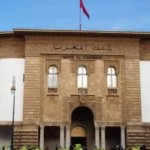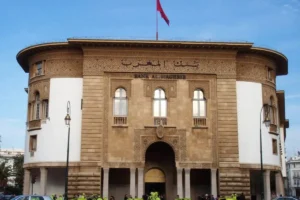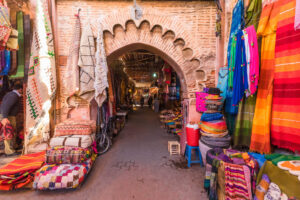Rabat – Malam Mele Kyari, CEO of Nigeria’s National Petroleum Company Limited (NNPCL), has reaffirmed the importance of the Morocco-Nigeria gas pipeline in a new interview.
“The Nigeria-Morocco gas pipeline is one of the most ambitious projects we have and is going to cost over $25billion, but more than anything, it is going to connect 11 West African countries to our gas sources,” Kyari told Daily Trust.
Emphasizing the broader significance of the project, Kyari stressed that the project will be “creating prosperity around Nigeria.”
He noted that the pipeline will not only contribute to the development of the continent as well as to regional peace, adding: “You are creating peace around you and also creating a market for the huge gas we have. Ultimately, that gas will now end up in Europe.”
In April, Nigerian news outlet the Nation said NNPCL will invest $12.5 billion to secure a 50% equity stake in the pipeline project.
The project will allow Morocco to host 1,672 kilometers of the pipeline which will benefit over 400 million people in West Africa.
Both Morocco and Nigeria have long emphasized the importance of the project for South-South cooperation and “African economic integration.”
In a speech last year in November, King Mohammed VI described the project as “strategic and beneficial to all of West Africa.
“This is a project for peace, for African economic integration, and for co-development: a project for the present and for future generations,” the King said.
The Moroccan monarch and then Nigerian Muhammadu Buhari proposed the project in 2016. The project has been gaining substantial traction in recent months due to rising energy prices and decreasing European gas supplies amid the war in Ukraine.
The 5,600-kilometer-long pipeline project has secured unwavering support from many countries, including Nigeria, Gambia, Guinea Bissau, Guinea, Sierra Leone, and Ghana.
In December 2022, the countries signed with Morocco’s National Office of Hydrocarbons and Mines (ONHYM) a Memorandum of Understanding (MoU) as part of their determination to support the pipeline.
Source : Morocco World News
















